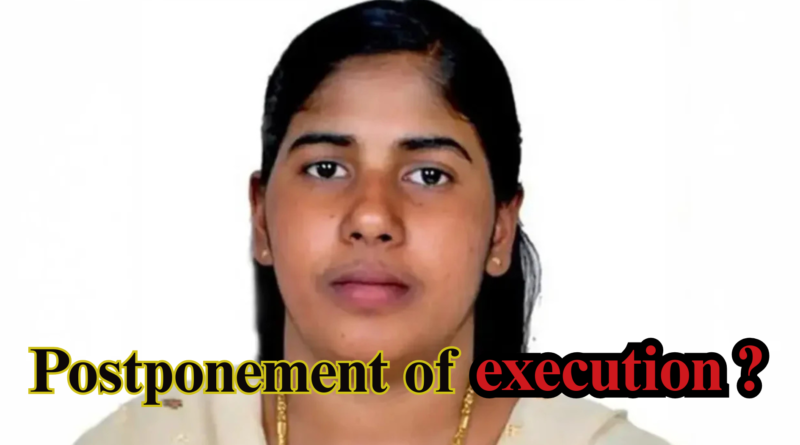Postponement of execution?
The execution of Indian nurse Nimisha Priya, who was sentenced to death in Yemen for the murder of a Yemeni national, has been temporarily postponed. Scheduled for July 16, her hanging has been put on hold amid a flurry of diplomatic efforts and appeals for clemency. Nimisha was convicted in 2017 for killing her former employer by injecting him with sedatives, allegedly to escape his abuse and to retrieve her passport. The case drew significant attention both in India and internationally, especially due to the harshness of the punishment.
The latest development appears to be the result of sustained efforts by Nimisha’s family and Indian government officials, who have been working tirelessly to negotiate her release or at least prevent the execution. Their campaign involved legal interventions, appeals to Yemeni authorities, and involvement from prominent religious leaders. Reports suggest that a Sufi spiritual leader with influence in the region has stepped in to mediate between the two families and explore avenues for reconciliation.
Despite this temporary reprieve, the situation remains extremely delicate. Under Yemeni law, the family of the murder victim has the right to reject or accept blood money (diya), a form of compensation that can lead to a pardon. In Nimisha’s case, the victim’s family has so far refused to accept any compensation or show leniency. Their decision is crucial in determining whether the death sentence will eventually be carried out or commuted.
Back in India, Nimisha’s mother and supporters have been actively campaigning for her life, organizing petitions, public appeals, and approaching international human rights organizations. The central government has also taken a keen interest in the case, with the Ministry of External Affairs coordinating with the Indian embassy in Yemen and other stakeholders to explore legal and diplomatic solutions. There is also widespread public sympathy for Nimisha, with many viewing her as a victim of circumstances and exploitation.
The case highlights the complexities of international law, cultural differences in justice systems, and the difficulties Indian citizens often face abroad when caught in legal troubles. It also sheds light on the challenges women face in abusive employment conditions overseas, especially in the Gulf region. Many rights groups have pointed out the need for stronger protections for Indian migrant workers, especially women, working in foreign countries under harsh and vulnerable conditions.
As of now, the postponement of the execution provides a small but crucial window of hope. Negotiations are ongoing, and the Indian government is expected to continue diplomatic efforts to persuade the victim’s family to accept blood money and spare Nimisha’s life. Until then, her fate hangs in the balance, dependent on mercy, diplomacy, and the will of a grieving family in a foreign land.




